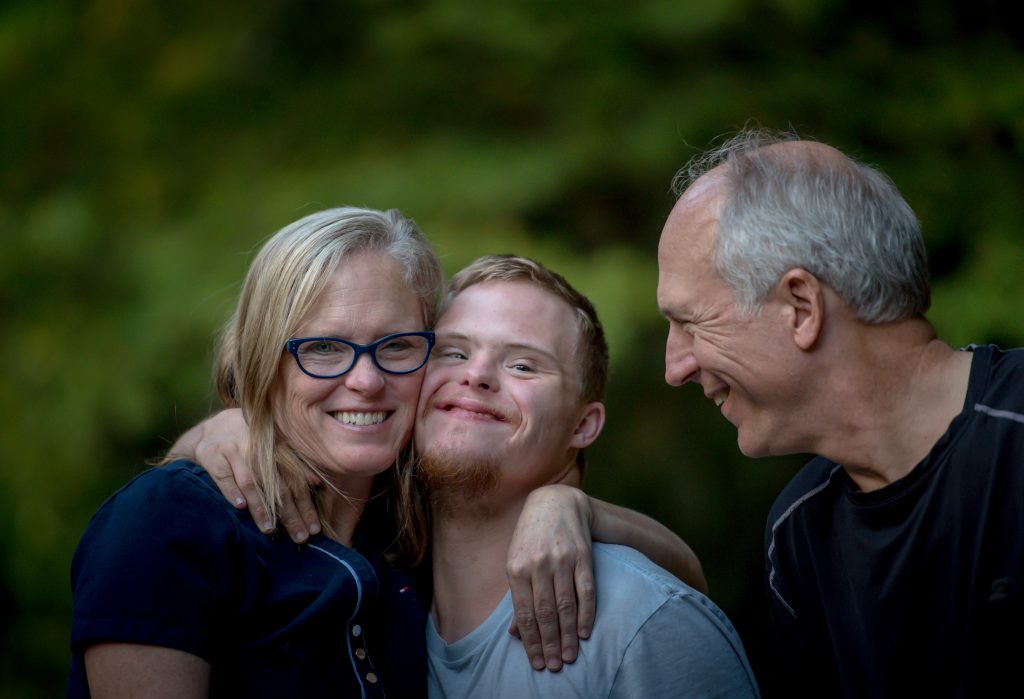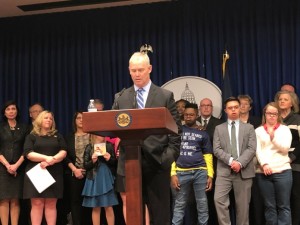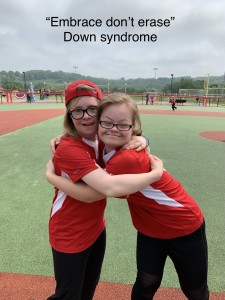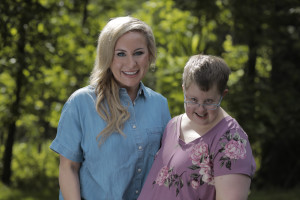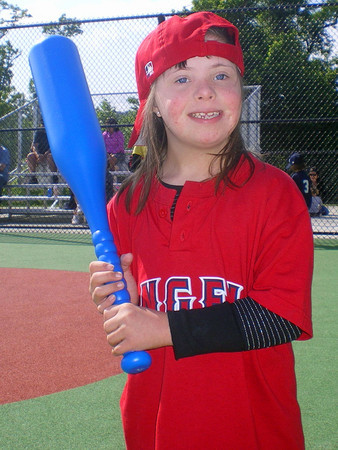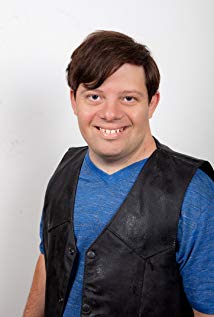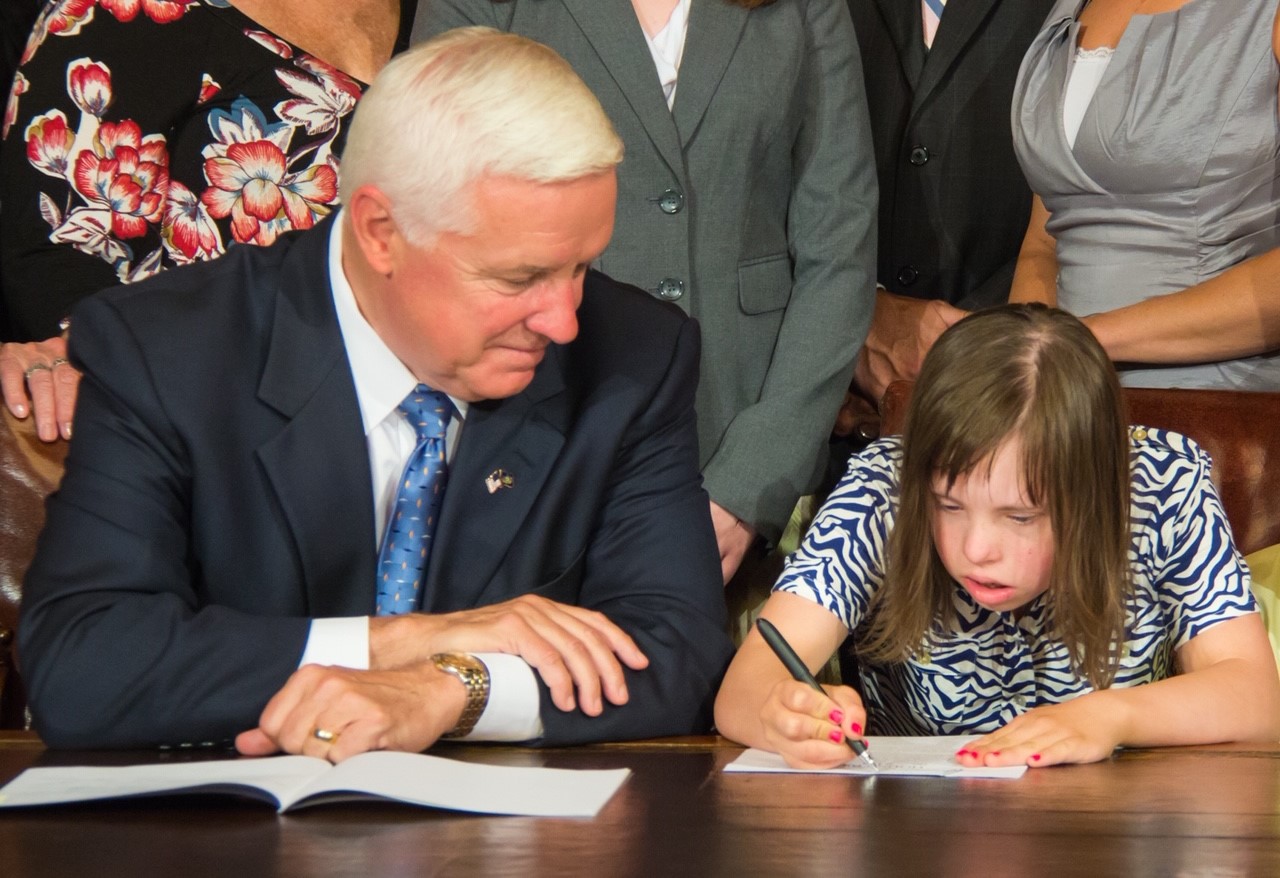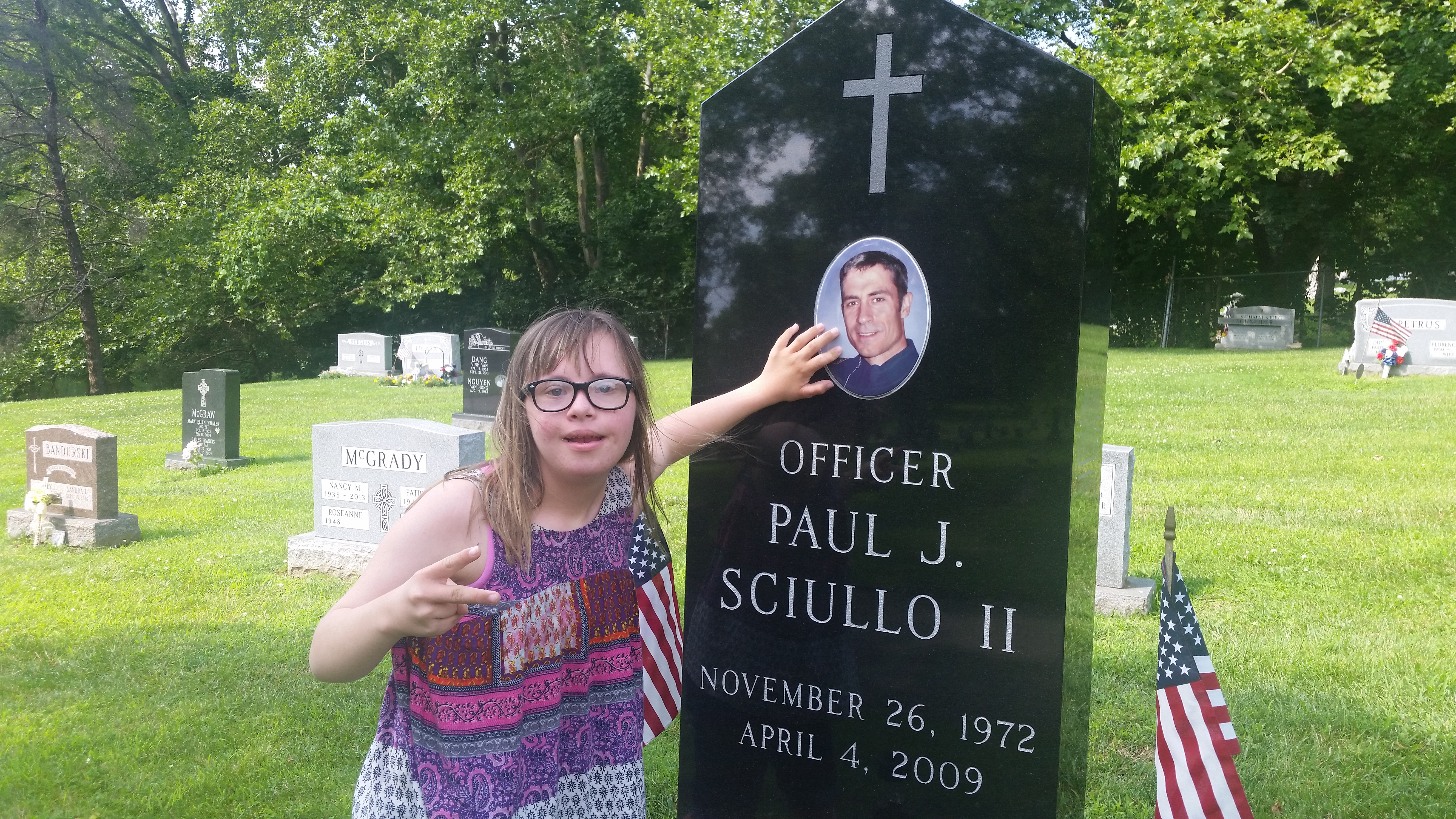By Jessie Morgan, Intern
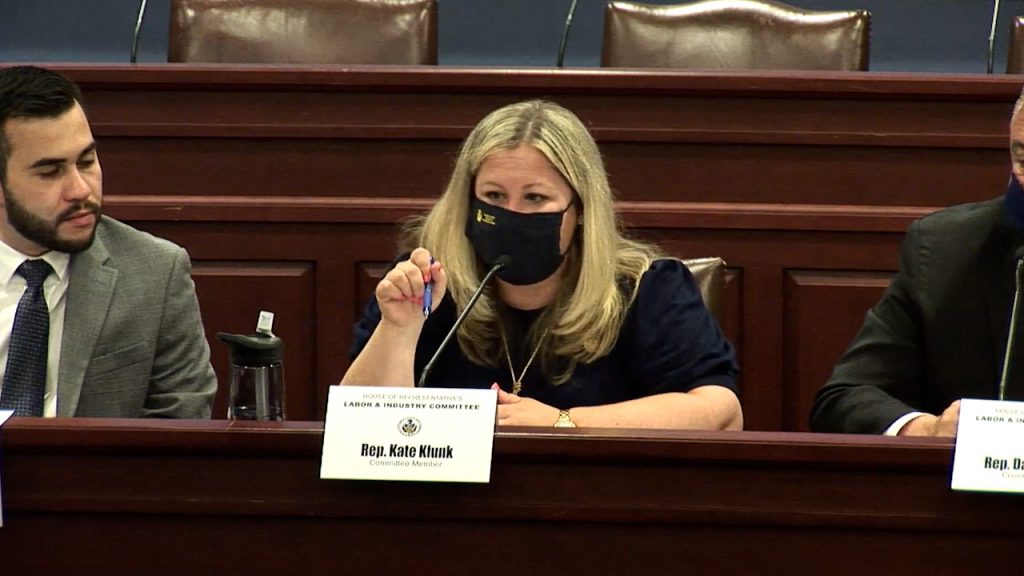
On June 9, the Pennsylvania House of Representatives passed a bill that would ban abortions solely because of a prenatal diagnosis of Down syndrome. This pro-life victory served as a small but significant step to promote the dignity of all human life.
The bill, known as House Bill 1500, was introduced by Rep. Kate Klunk, R-York, in December 2020.
“Most of us know of a family touched by a Down syndrome child, and know these children grow to lead joyful and fulfilling lives,” Klunk said when introducing the bill.
In current Pennsylvania law, it is legal for a woman to receive an abortion prior to 24 weeks gestation for any reason deemed necessary by a physician, with the exception of selecting the sex of the child. This bill will broaden that restriction through the same means in the case of a positive Down syndrome diagnosis.
“People with Down syndrome are living longer than ever and they’re happier than most of us,” said Rep. Kathy Rapp. “So why are many of them being aborted, why? It’s a curious and heart-wrenching question, because there never has been a better time in all of history for people with Down syndrome.”
“We need to stand up for those who do not have a voice here in Pennsylvania,” added Klunk. “And that’s what this bill does. We have the responsibility to stand up for those children who receive that Down Syndrome diagnosis in the womb, and we shouldn’t allow them to be discriminated against because they have one extra chromosome.”
Rep. Paul Schemel acknowledged unborn babies with Down Syndrome as falling under the Americans with Disabilities Act of 1990, which protects the disabled from discrimination in all areas of public life, including jobs, schools, transportation, and public/private affairs. “The principle underlying the legally protected classes is that we don’t treat certain people differently because of their condition, be it race, sex, disability, etc. We don’t treat the disabled differently just because they are disabled. That would be wrong.”
The bill came through the House with a passing vote of 120-83, a major victory for the pro-life movement. But why is it so significant?
The reason is not only because unborn babies with Down syndrome are receiving justice and protection, but the bill itself is one of the first steps to shift the focus of the abortion movement from the woman alone to the unborn child in her womb. Once we can shine a small light on the humanity and life of the unborn, we can open a door to complete, undeniable justice for them all.
May we continue to pray for our state senators, as they prepare to vote on the Down syndrome bill in the weeks to come. May we pray that Governor Wolf may also begin to see this bill in a different light. And may we continue, one small step at a time, to proclaim the humanity in all unborn life.

